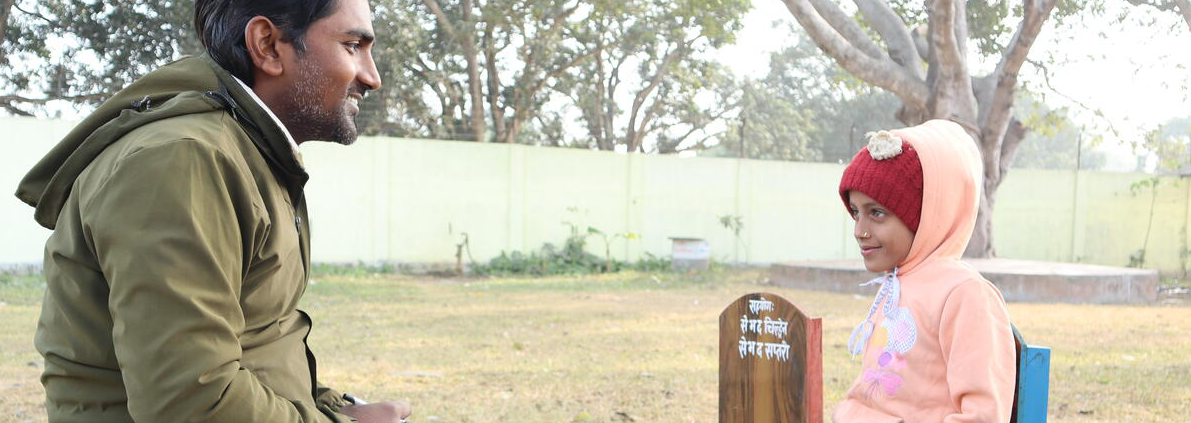Watoto Walio katika Mazingira Hatarishi Zaidi Walikabiliana na Hatari za Kipekee Wakati wa COVID-19: Jinsi Mashirika Yalivyowasiliana na Jumuiya kuhusu Uzazi katika Mipangilio ya Rasilimali za Chini na Kibinadamu.
Waandishi: READY, Ofisi ya Umoja wa Mataifa ya Madawa na Uhalifu, Kituo cha Mipango ya Mawasiliano cha Johns Hopkins, Haki ya Kucheza, Kamati ya Kimataifa ya Uokoaji
Ushahidi unapendekeza kwamba watoto katika mazingira ya chini ya rasilimali na misaada ya kibinadamu walikabiliwa na mizigo ya afya ya akili na vurugu nyumbani wakati wa janga la SARS-CoV-2 (COVID-19), ambayo inaweza kuwa imeathiri afya na maendeleo yao. Kwa mashirika ya kushughulikia misaada ya kibinadamu, kuendesha huduma za ulinzi wa watoto wakati wa janga hili kumezuiliwa na masuala ya usalama yanayohusiana na hatari ya maambukizi ya COVID-19, na masuala ya vifaa yanayohusiana na hatua za kijamii na afya ya umma. Karatasi hii inaeleza jinsi mashirika yalivyoitikia hatari zilizotambuliwa ambazo watoto wanakabiliana nazo, kuunganisha mawasiliano ya hatari ya mbali na mbinu za ushirikishwaji wa jamii na mazungumzo salama ya ana kwa ana na wazazi na walezi katika afua za ulinzi wa mtoto ili kuelimisha kuhusu ugonjwa na uzuiaji, kuhimiza mazingira mazuri ya uzazi na kupunguza athari mbaya kwa watoto.
Tazama karatasi katika English kwenye tovuti ya Jumuiya ya Madawa ya Ulaya.


Tovuti hii imewezekana kwa msaada wa Watu wa Marekani kupitia Shirika la Maendeleo ya Kimataifa la Marekani (USAID) chini ya mpango wa TAYARI. READY (sio kifupi) inaungwa mkono na USAID Ofisi ya Demokrasia, Migogoro, na Usaidizi wa Kibinadamu, Ofisi ya Msaada wa Maafa ya Kigeni ya Marekani (OFDA) na inaongozwa na Okoa Watoto kwa kushirikiana na Kituo cha Johns Hopkins cha Afya ya Kibinadamu,, Kituo cha Johns Hopkins cha Mipango ya Mawasiliano, UK-Med, Muungano wa EcoHealth, na Rehema Malaysia. Yaliyomo kwenye tovuti hii ni jukumu pekee la Save the Children. Maelezo yaliyotolewa kwenye tovuti hii si lazima yaakisi maoni ya USAID, washirika wowote au wote wa muungano, au Serikali ya Marekani, na si taarifa rasmi ya Serikali ya Marekani.


